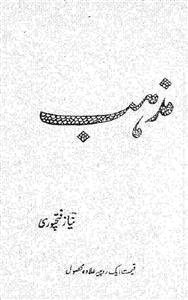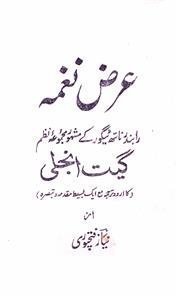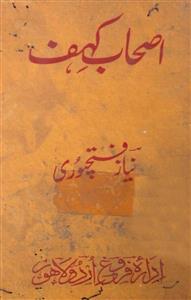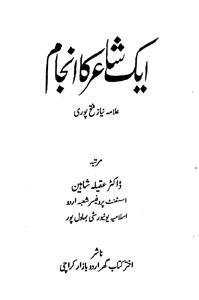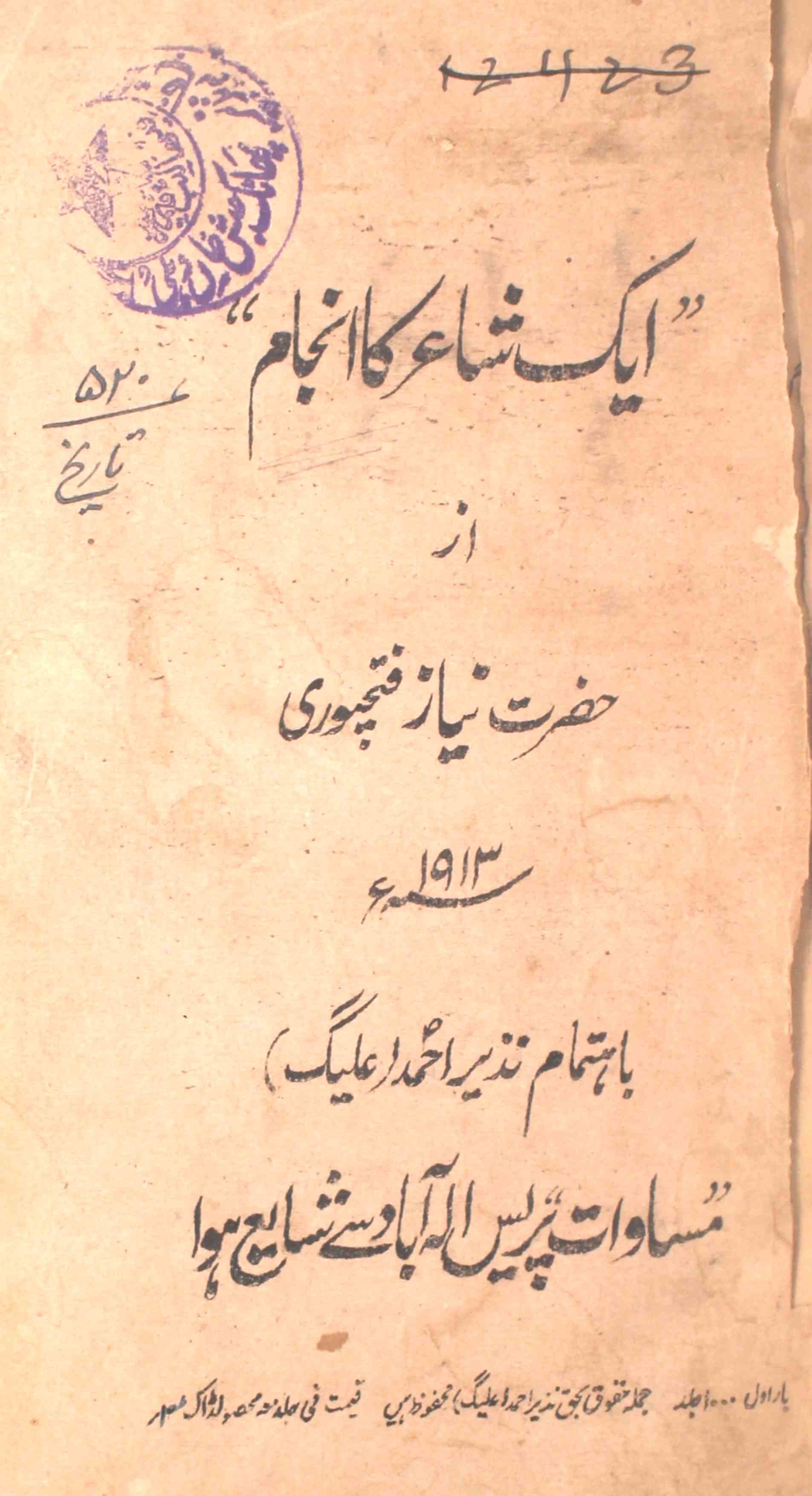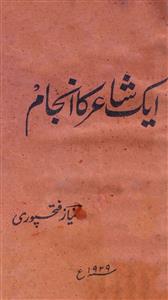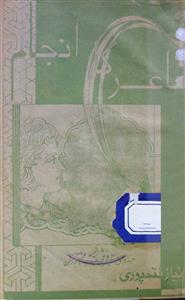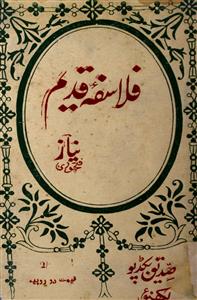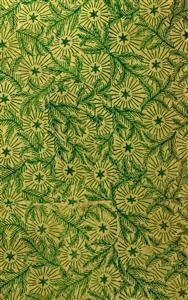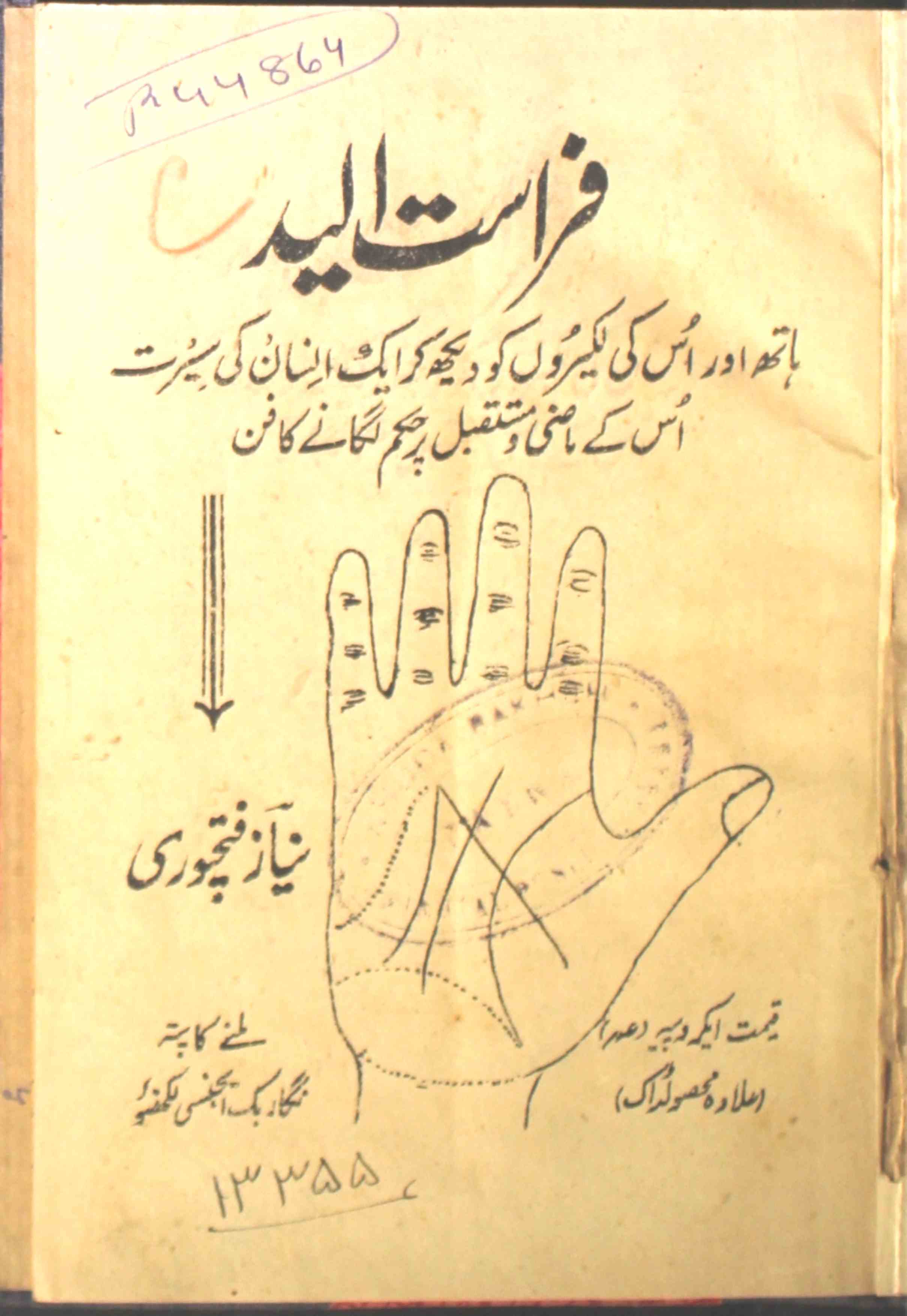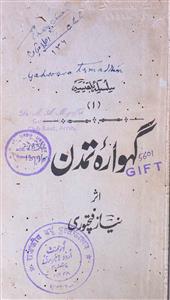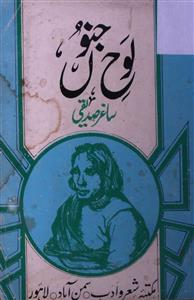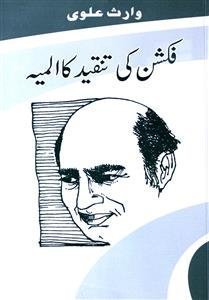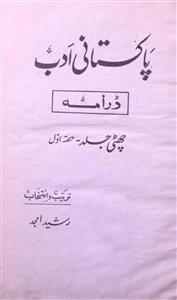 For any query/comment related to this ebook, please contact us at haidar.ali@rekhta.org
For any query/comment related to this ebook, please contact us at haidar.ali@rekhta.org
About The Author
Among the authors and intellectuals of Urdu, Niaz Fatehpuri acquired a unique identity as he combined many disciplines with remarkable ease. He made his contributions in the multiple fields of literature, history, culture, religion, philosophy, and journalism. He was also a poet and a short story writer. Niaz edited a journal called Nigar which came to be recognized as a major Urdu periodical in the Indian subcontinent. In recognition of his services, he was conferred with the awards of Padma Bhushan in India and Nishan-e Sipaas in Pakistan.
Niaz Fatehpuri was born in the Barabanki district of Uttar Pradesh in 1884. He was given the name of Niaz Mohamad Khan by his mother and Liaqat Ali Khan by his father. He received his education at Madrasa Islamia, Fatehpur and Dar-ul-uloom Nadwat-ul Ulema, Lucknow. His father, Mohammad Ameer Khan, being a police officer, moved from place to place during his period of service which gave Niaz an occasion to interact broadly with people of intellectual bent. In the year 1900, Niaz received his training as a Sub Inspector at Moradabad but relinquished his job in 1902. From 1903 to 1905, he worked as the Head Master at Madrasa Islamia. Following this, he worked in various capacities but it was in 1922 that he launched his journal Nigar at the advice of Laam Ahmad from Agra. This journal was later published from Lucknow, Bhopal, and Karachi. In 1962, he migrated to Pakistan and spent the last four years of his life there. He suffered from cancer and breathed his last on 24 May, 1966.Niaz Fatehpuri has written over fifty books on a variety of subjects that constituted his intellectual make up. Some of his major books include Shair ka Anjaam, Nigaristan, Jamalistan, Shahab ki Sharguzasht, Inteqadiyaat, Mala Wama Alaih, Mazaahib-e Alam ka Taqaabuli Mutaleaa,, and Targhwwbat-e Jins.
 For any query/comment related to this ebook, please contact us at haidar.ali@rekhta.org
For any query/comment related to this ebook, please contact us at haidar.ali@rekhta.org
